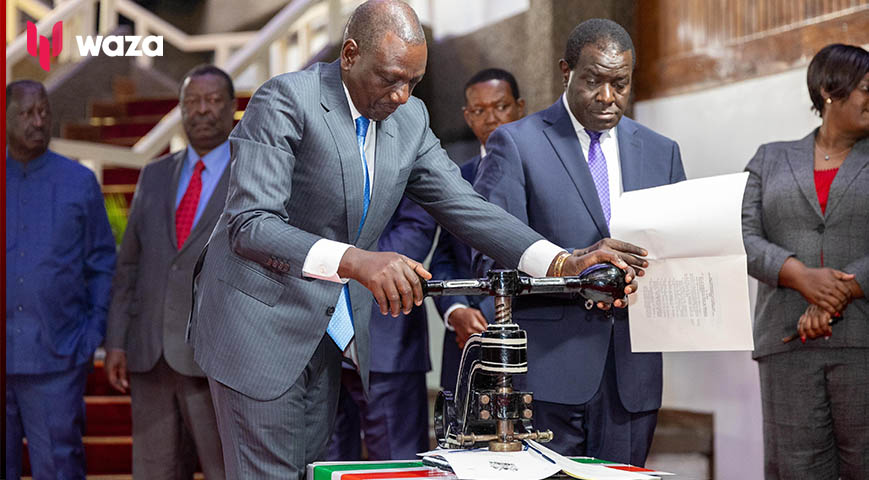Kenya is on the brink of a constitutional crisis due to delays in appointing new commissioners to the Independent Electoral and Boundaries Commission (IEBC).
Ongoing legal disputes and insufficient political commitment have left several constituencies and wards without elected representatives and stalled the critical boundary delimitation process.
A selection panel tasked with identifying and recommending suitable candidates for the IEBC has been bogged down by court cases, bringing the process to a standstill.
For months, the IEBC’s headquarters at Anniversary Towers in Nairobi has remained largely dormant. While the secretariat continues with basic administrative duties, crucial decisions requiring commissioners' input are on hold.
Did you read this?
The impasse began after the retirement of former IEBC Chair Wafula Chebukati and Commissioners Abdi Guliye and Boya Molu, who completed their six-year, non-renewable terms.
Two legal petitions, filed in Nairobi and Kiambu courts, are further complicating the situation. One of the cases challenges the lack of regional balance in the selection panel’s composition.
The absence of commissioners has had a cascading effect. The IEBC has sought advice from the Office of the Attorney General on pending by-elections. The Attorney General has stated that, without commissioners, no gazette notices can be issued, which would violate the Constitution.
As a result, voters in Banisa, Magarini, and Ugunja constituencies remain unrepresented, with no immediate solution in sight. Additionally, eight wards, including Kisa East in Kakamega, Chewani in Tana River, and Nyamaiya in Nyamira, are similarly affected.

Boundary delimitation, another critical IEBC mandate, has also been frozen. The last review was completed in March 2012, meaning the next one was due by 2022. Last month, MPs proposed extending the review period from eight to twelve years, but the proposal remains unimplemented due to the IEBC’s paralysis.
If the boundary review is eventually conducted, it could lead to changes such as creating new wards, merging some constituencies, or splitting others. However, the total number of constituencies remains capped at 290 by the Constitution.
The IEBC’s inaction has also raised concerns about the 2027 General Elections. With no commissioners in place, critical preparations and timelines could be jeopardized, leaving the country in a precarious position.









